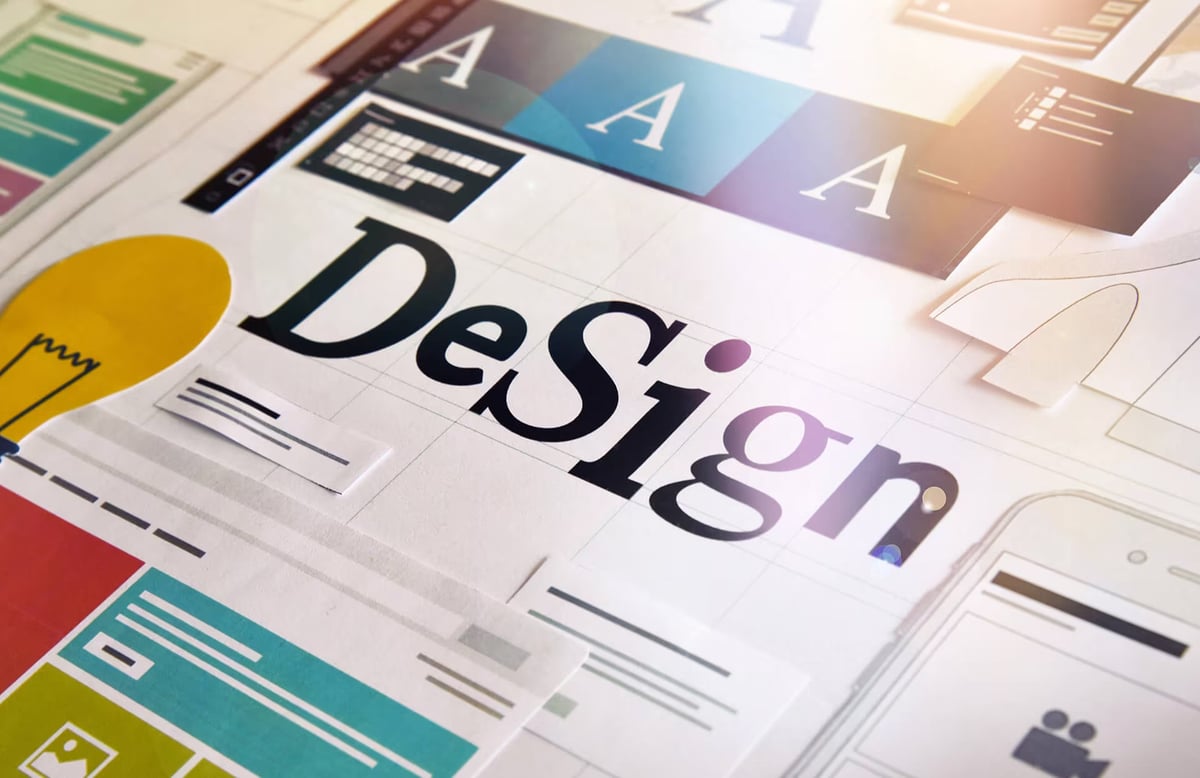In today's digital age, it's more important than ever for websites to be accessible on a wide range of devices, including phones, tablets, and laptops. This is where responsive design comes in.
Responsive design ensures that a website looks and functions well on any device, regardless of screen size or resolution. This is achieved through flexible layouts, images, and other elements that adjust automatically to fit the screen they're being viewed on. There are several reasons why responsive design is vital in the modern world:
It provides a better user experience.
With the proliferation of smartphones and tablets, a significant portion of your website's traffic will likely come from mobile devices. If your site isn't optimised for mobile, visitors may have difficulty navigating and using it, leading to a high bounce rate and low conversion rate. On the other hand, a responsive design ensures that users can easily access and use your site on their preferred device, leading to a better overall user experience. This is especially important given that studies have shown that users are more likely to purchase from a mobile-friendly website. A recent survey found that 88% of consumers said they were less likely to return to a website after having a bad mobile experience.
It helps with search engine optimisation (SEO).
Google and other search engines favour mobile-friendly websites, so having a responsive design can help improve your search ranking. This is particularly important given that mobile searches now account for the majority of all searches globally. So by ensuring your website is responsive, you'll be more likely to rank higher in search results and drive more organic traffic. In addition, having a responsive design can also help improve your local SEO, as Google now considers a website's mobile-friendliness when determining local search rankings.
It saves time and resources.
Rather than designing and maintaining separate mobile and desktop versions of your website, a responsive design allows you to create one site that works seamlessly on all devices. This saves time and effort and ensures a consistent user experience across all devices. In addition, having a responsive design means you only have to design and develop your website once, which can save money in the long run.
It's the future of web design.
As more and more people use mobile devices to access the internet, it's clear that responsive design is the way of the future. By embracing responsive design now, you'll be ahead of the curve and better prepared for the future of the web.
Responsive design is essential for any modern website that wants to provide a good user experience and be competitive in the digital landscape. If you're designing a new website or updating an existing one, make responsive design a top priority. By doing so, you'll be able to provide a better user experience for your visitors, improve your search ranking, save time and resources, and stay ahead of the curve in the world of web design.
